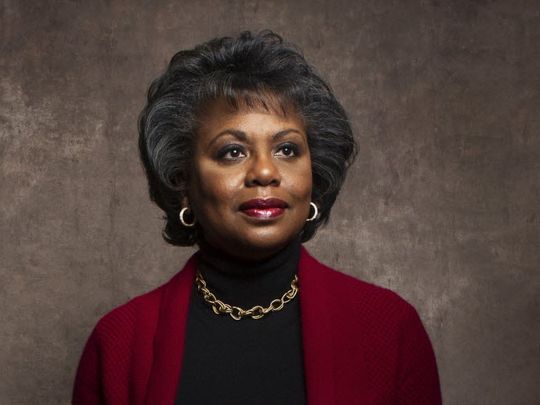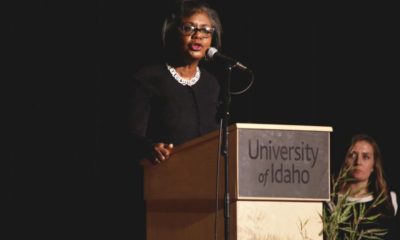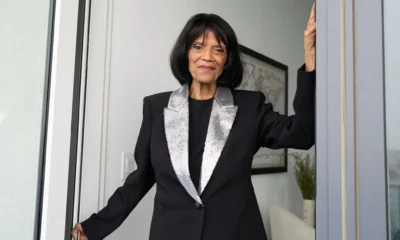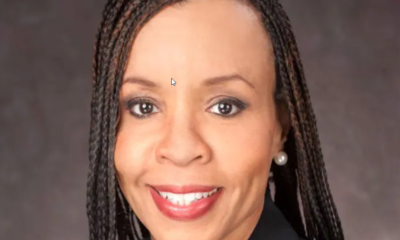Black Women in the News
26 Years Ago, America Started Talking About Sexual Harassment Thanks To Anita Hill
When she testified against Clarence Thomas, many men who should have been her allies stayed quiet.
In the past year, more and more women have been coming forward to talk about how powerful men have used their high positions to sexually assault and harass them. What the accusations against President Donald Trump, former Fox News CEO Roger Ailes, former Fox News host Bill O’Reilly and movie producer Harvey Weinstein have shown is that this behavior is pervasive, and it is often covered up for years by people who know what’s going on.
In 1991, sexual harassment was not a thing people were talking about ― until Anita Hill, a reserved law professor, testified to the Senate on Oct. 11 about what Clarence Thomas had done to her when she had worked for him. Thomas was up for a spot on the Supreme Court, and he had the full force of the Republican Party standing behind him.
While women’s groups stood behind Hill, many men in the Senate ― at that time, there were only two female senators ― dragged her through the mud, questioning her credibility, whether she wanted it and wondering why she continued to work for Thomas if his behavior was really all that bad. Depressingly, those sorts of attacks are still pulled out when women today report sexual harassment.
Hill was also left out to dry by some Democrats who were supposed to be her allies. While they may not have gone after her in the way that the GOP senators did, they also showed extra deference to Thomas and left many women questioning whether they helped her as much as they could have. One of those men was Joe Biden, who was then chairman of the Senate Judiciary Committee.
But Hill’s testimony also electrified women in the United States, who for the first time saw someone publicly calling out what so many of them endured in the workplace. She sparked a political movement that led to an increase in the number of women serving in Congress.
“There are more people willing to come forward now. There’s obviously strength in numbers. We have to deal with this as a society. It’s a legal issue, but it’s also a social and cultural issue that we still haven’t figured out,” Hill wrote in an op-ed Tuesday, commenting on the Weinstein revelations. “Even as late as 1991, people didn’t talk about this kind of behavior to their closest relatives or spouses. Over the past 25 years, we’ve …
Please read original article- 26 Years Ago, America Started Talking About Sexual Harassment Thanks To Anita Hill


































